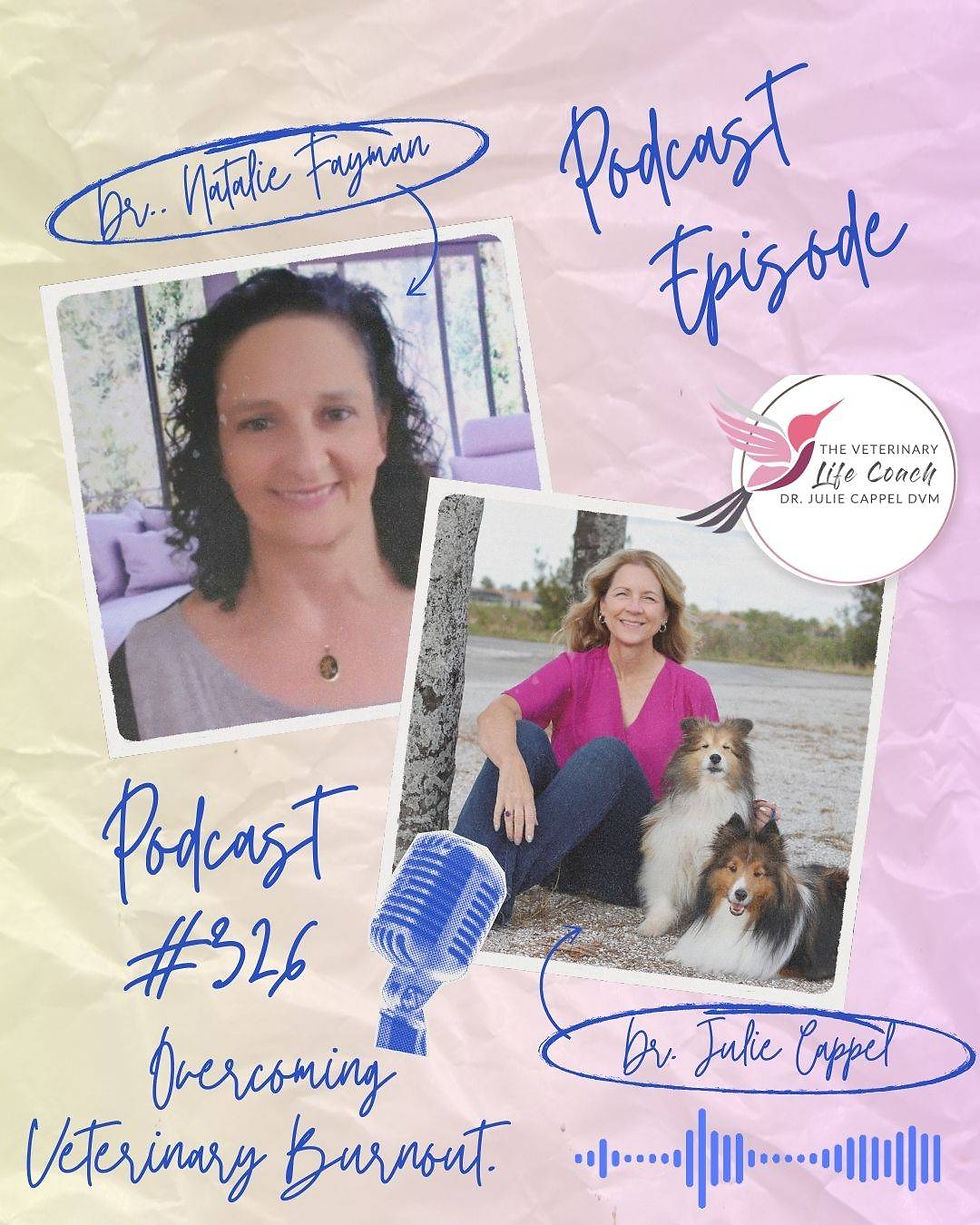Surviving Your Career: Tips From A Stress Coach
- Natalie@nolimitscoachingnow.com

- Aug 3, 2024
- 3 min read
Natalie Fayman, DVM, ACC, CPC, CPQC

As a DVM with 33 years in the trenches (24 in the ER), I'm no stranger to all kinds of work-related stress. As a stress & burnout coach, I want to help you avoid the mistakes I made!
Please enjoy this collection of tips on how to make work a no-stress zone.
How to stay calm under pressure
During my years in ER/Critical Care medicine, I learned the value of triage. There will always be too many things competing for your time and attention, and there’s only one of you. That’s why it’s so vital to be able to prioritize effectively.
In that swirling ocean of urgent demands, which ones truly merit your best energy? Which ones will have the most negative consequences if they aren’t addressed? Which ones truly require your unique skills, and which can be shared or delegated?
Everything cannot be at the top of your priority list. Learn to be strategic with how and where you direct your energy. Learn to be OK with some things not getting done.
And learn to be OK with doing B+ work sometimes so you have more time, energy and focus for A+ work when it really matters. You’ll be more productive, and less stressed-out.
How to manage stress and maintain work-life balance
Work-Life Balance isn't about the quantity of time spent enjoying your life... it's about the quality. And we often unknowingly sabotage the quality of our personal time because we're so distracted.
We check our work emails when we're supposed to be enjoying time with family. We respond to work-texts when we're playing with our kids. Each intrusion into the sanctity of our personal space may be small by itself, but the cumulative effect slowly sabotages our quality of life.
When you're at work, be focused on work. But when you're at home, be fully present there. Keep your mind where your body is! Even 30 minutes of undistracted time spent fully engaged with your family is more impactful than a whole day interrupted by constant distractions.
How to handle stress and stay resilient in a demanding job
Know thyself!
Knowing your personal stress-triggers is important, but it's even more important to know your "compelling Why".
What fills you with a deep sense of purpose? What gives you the satisfaction of knowing that you've made a meaningful contribution? What do you want to be remembered for?
When you know your "compelling Why", you're more resilient in the face of high stress. You're less likely to burn out. And you're more tuned-in to the impact you're making on a cause that's important to you.
When you live in alignment with your purpose, everything feels easier. You stop pushing yourself forward, and let your passion pull you instead. It starts with getting crystal clear on your powerful compelling "Why", and recommitting to it every day.
What to do if you're struggling to prioritize and eliminate time-wasting activities
Struggling to prioritize your overwhelming to-do list? It may boil down to 2 things: distractions and procrastination.
We are besieged by a daily avalanche of urgent priorities. But not all will contribute to moving you closer to your big-picture goal. Get clear on what's really important, and worthy of your effort. Make sure anything that takes your time serves a purpose. Otherwise... it's a distraction
Procrastinating is a form of stress relief. A sneaky version of this is "procrastinating with busyness" (purposely being too busy to do what we'd rather avoid). Get honest with yourself about what you might be avoiding and why. Break it down into manageable steps. Then, take the first step. Getting started is always the hardest part.
I’m here to help! Let’s identify some doable changes to lower your stress. Schedule a free strategy session with me today, and feel the difference tomorrow!
In the chaos of the moment, I find it helpful to pause and ask myself, "Will I even remember this 6 months from now?" Sometimes a dose of perspective can help to dial down your stress.

Natalie Fayman is a Doctor of Veterinary Medicine (DVM) and a Certified Positive Intelligence Coach (CPQM), whose work focuses on stress & burnout in veterinary professionals, and building workplace cultures that attract and retain the right people.



Comments